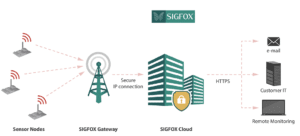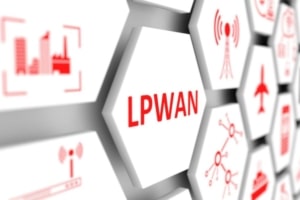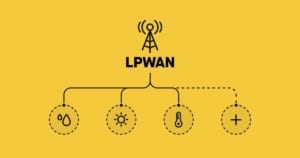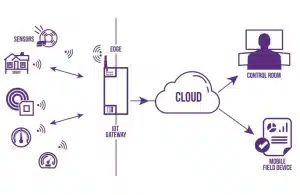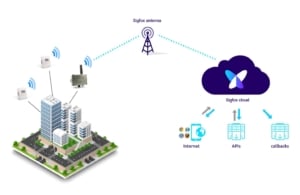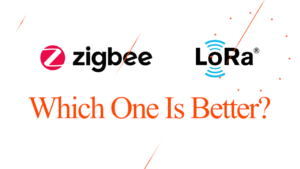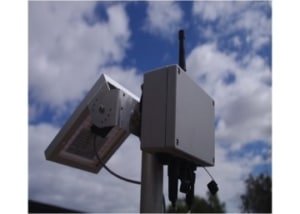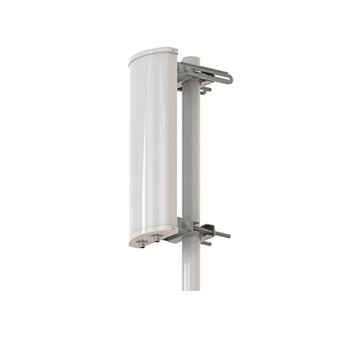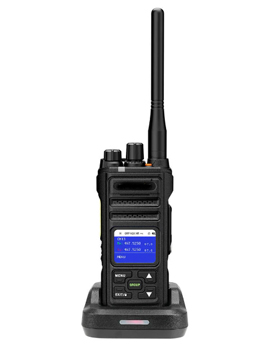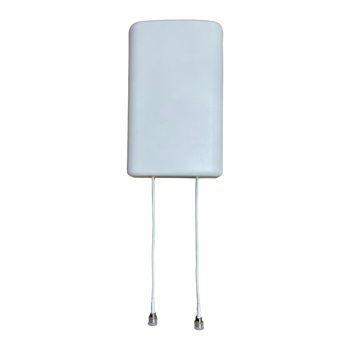
How To Choose The Best Antenna For LoRa?
LoRa (Long Range) technology is a wireless modulation technique derived from CSS Chirp Spread Spectrum technology. Information that is communicated by the radio waves is encoded using Chirp pulses. In LoRa technology, the signal is spread over a wide frequency band providing a better coverage area and better tolerance to interferences. LoRa antennas are specifically designed to facilitate long-range and low-power communication and hence used in a wide range of applications like smart agriculture, smart cities, industrial automation, asset tracking, environmental monitoring, etc. Choosing the right type of LoRa antenna with the right specifications is crucial to enjoying reliable and efficient long-distance communication. We have already discussed in depth what a LORA antenna is. This article provides a brief overview of LoRa technology and focuses on how to select a LoRa antenna for an application. Understanding LoRa Frequency Bands LoRa technology uses different frequency bands in different regions of the

